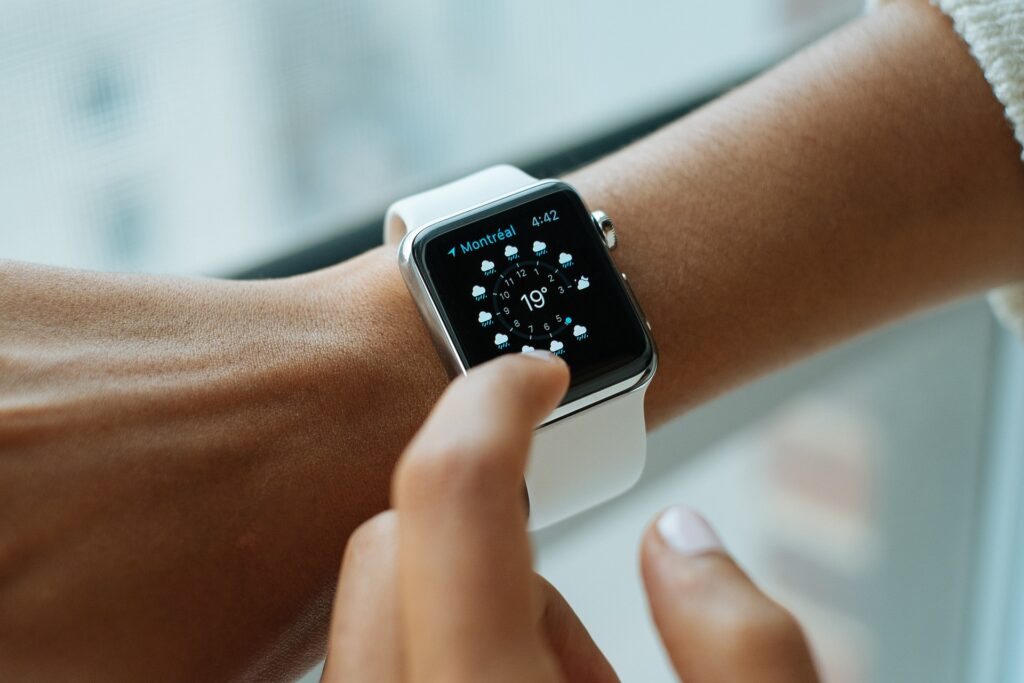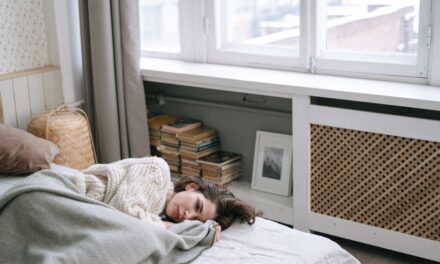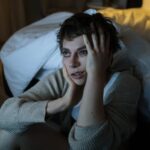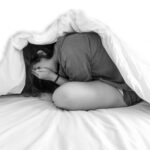Blind people use a variety of techniques to know when it’s time to go to bed. Some blind people may use alarms or other devices to help them keep track of time. Others may use the position of the sun in the sky or the level of natural light in their environment to help them determine when it’s time to go to bed.
Some blind people may also use their sense of touch or their sense of smell to help them determine when it’s time to go to bed. For example, they may use the feel of the sheets on their bed or the smell of their bedtime routine to signal that it’s time to go to sleep.
What to expect from our article
How does a blind person know what time it is?
There are several ways that a blind person can know what time it is. Some blind people use specialised watches or clocks that provide audio cues or tactile feedback to help them tell time. These devices often use audible tones or vibrations to indicate the current time.
Some blind people use technology to help them, like smartphone apps that help them tell time with sounds or touches. Still, others may use external cues, such as the position of the sun in the sky or the regular routines and activities in their environment, to help them keep track of time.

Can blind people sense day and night?
Yes, blind people can sense the difference between day and night, even if they cannot see. This is because the human body has a natural circadian rhythm that is controlled by the production of hormones such as melatonin.
Melatonin is made when the amount of light changes. It helps control the body’s sleep-wake cycle. Because of this, even blind people can feel tired or alert at the right times of the day, depending on their body’s natural circadian rhythm.
Additionally, blind people can use other senses such as hearing, touch, and smell to help them determine whether it is day or night. For example, they may be able to hear the sounds of traffic or birds outside, or they may be able to feel the warmth of the sun on their skin, or they may be able to smell the difference between night air and day air.
Do blind people see in their minds?
Blind people do not see images in their minds in the same way that sighted people do. When a sighted person remembers something, they may “see” a mental image of the thing they are remembering. This is because the visual part of their brain is still active even when their eyes are not receiving visual input.
However, blind people do not have the same experience because they were either born without sight or lost their sight at a very young age, so their visual cortex is not fully developed. As a result, blind people may use other senses such as touch, sound, or smell to help them remember things, but they do not “see” mental images in the same way that sighted people do.
Can a blind person dream?
Yes, blind people can dream. Dreaming is a natural part of the sleep cycle, and it is not dependent on the ability to see. In fact, people who are blind from birth or who lost their sight at a very young age often dream in ways that are similar to those of sighted people, using their other senses such as touch, sound, and smell.
Some research has even suggested that blind people may dream more vividly than sighted people because their other senses are more finely tuned. So, while a blind person’s dreams may be different from those of a sighted person, they can still experience the same range of emotions and sensations in their dreams.

Is being blind like closing your eyes?
Being blind is not like closing your eyes. When a person who can see closes their eyes, they temporarily block out visual stimuli, but they can still see light and dark and get some visual information. In contrast, a person who is blind cannot see light or darkness, and they cannot perceive visual information no matter how long they keep their eyes closed.
Being blind means that a person has either never had sight or has lost it due to an injury or illness. This loss of sight can be partial or complete, and it can affect one or both eyes. So, a blind person’s experience of the world is very different from that of a sighted person, and it can’t be simulated by just closing one’s eyes.
Do blind people suffer from insomnia?
Blind people do not necessarily suffer from insomnia more than sighted people. Insomnia is a sleep disorder that can affect anyone, regardless of their ability to see. However, there are some factors that may contribute to insomnia in blind individuals. For example, blind people may have difficulty following a regular sleep schedule because they cannot see the natural light cues that signal when it is time to go to bed.
Blind people may also feel anxious or stressed, which can make it hard for them to sleep. Because of this, blind people need to take care of their sleeping environment and get help if they can’t sleep.














